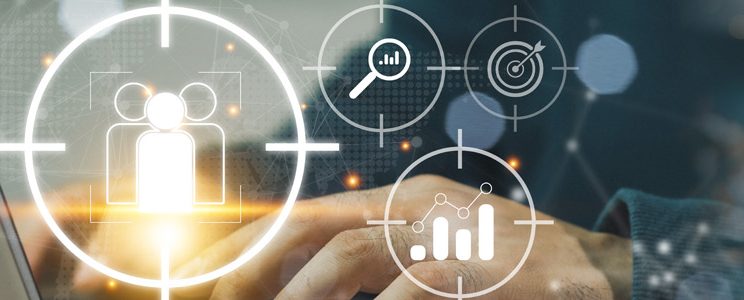Original Release Date: June 16, 2023
In episode 2 of our Resilient Leadership mini season, Just Science sat down with Henry Maynard to discuss the American Society of Crime Laboratory Directors (ASCLD) Forensic Research Committee (FRC).
As researchers work to create better tools and technologies for the forensic science community, it is crucial that they are able consult with practicing forensic professionals to better understand their needs and experiences. The ASCLD FRC includes several global programs that aim to connect forensic practitioners with academic researchers to share information and collaborate on research projects. Listen along as Henry describes how the ASCLD FRC helps create higher quality forensic research, how to sign up for programs within the FRC, and the secret for creating a great forensic science working group.
This episode is funded by the National Institute of Justice’s Forensic Technology Center of Excellence (Award No. 15PNIJ-21-GK-02192-MUMU).
Some content in this podcast may be considered sensitive and may evoke emotional responses, or may not be appropriate for younger audiences.
View or download the episode transcript here:
Transcript
Episode Citation
Swanholm, B. & Maynard, H. (2023, June 9). Just Science. Just Collaboration in Forensic Research [Audio podcast episode]. The Forensic Technology Center of Excellence. https://forensiccoe.org/podcast-2023-resilient-leadership-ep2/
Related Resource
Guest Biography
Henry Maynard is the Chair of the ASCLD Forensic Research Committee and he currently serves as the Lead Research Scientist at the US Army Criminal Investigation Laboratory. Prior to working at the lab, Mr. Maynard was a federal contractor that supported Research and Development (R&D) and Forensic Science Training efforts for the Office of Investigative and Forensic Sciences (OIFS) within the National Institute of Justice (NIJ). Before that he was a forensic practitioner at a private laboratory. He has been formally trained in the areas of Forensic Toxicology, Drug Chemistry, and Explosives Analysis. Mr. Maynard is active in the forensic community and maintains memberships with the American Academy of Forensic Sciences (AAFS), the American Chemical Society (ACS), the American Society of Crime Lab Directors (ASCLD), the Council of Forensic Science Educators (COFSE), the International Association of Bomb Technicians and Investigators (IABTI), and Project Management Institute (PMI). Additionally, he serves on the Strategic Advisory Board for the Center for Statistics and Applications in Forensic Evidence (CSAFE) and is the Chair of the Federal Laboratory Needs Technical Working Group (FLN-TWG) Research Subcommittee. He is very active with ASCLD, as he serves as a board member on the ASCLD Board of Directors, Chair of the Forensic Research Committee, creator of the Laboratories and Educators Alliance Program (LEAP), instructor for the ASCLD Leadership Academy Level II, and serves on the Criminal Justice Information Services (CJIS) Advisory Policy Board. Mr. Maynard holds a Bachelor of Science in Biochemistry and a Master of Science in Forensic Science.
The opinions, findings, and conclusions or recommendations expressed in this podcast episode are those of the presenter(s) and do not necessarily reflect those of the U.S. Department of Justice.
Contact us at ForensicCOE@rti.org with any questions and subscribe to our newsletter for notifications.




